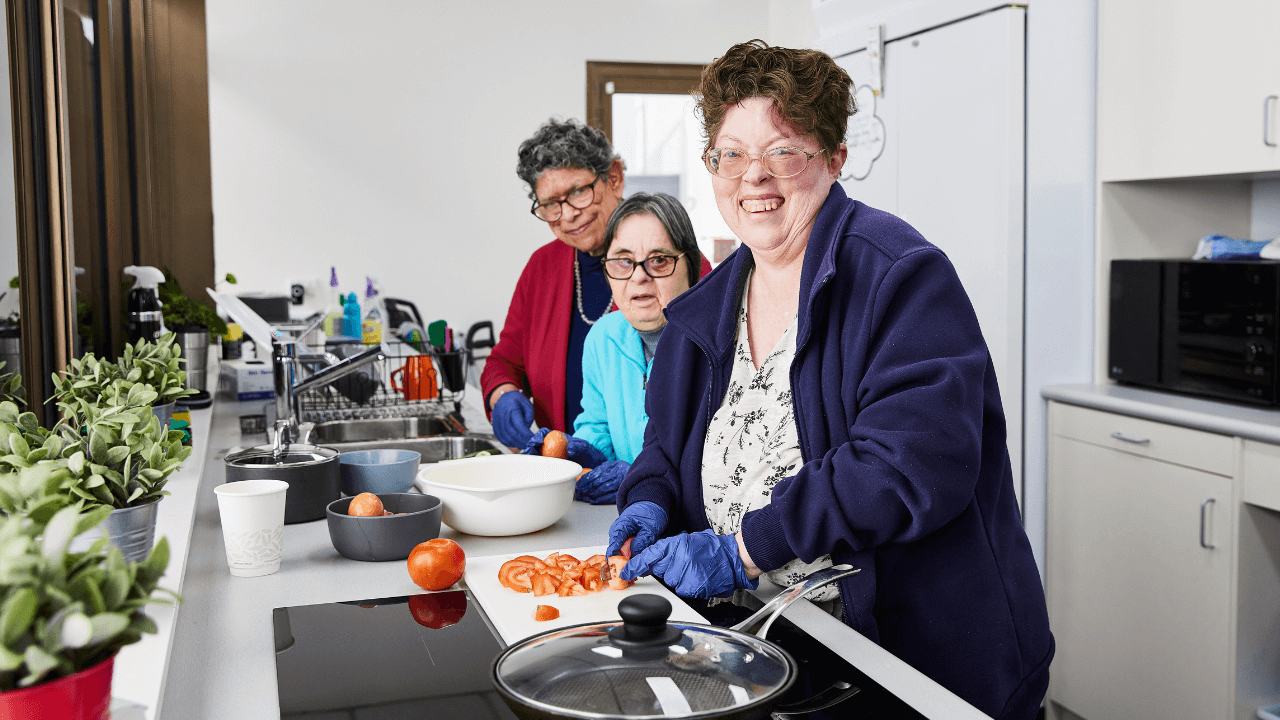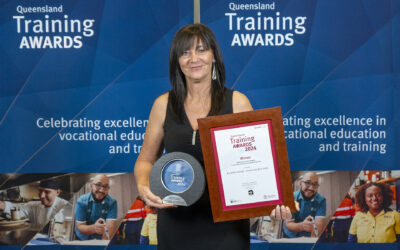Across the many occupations available today, becoming a NDIS Disability Support Worker is one of the most rewarding roles Australia has to offer. With its fast-paced environments, ever-changing client needs, and diverse working arrangements, this role is something truly unique.
To help you get an idea of what this career path looks like, we’ve created a quick overview on how to become an NDIS Disability Support Worker in Australia – from educational requirements, work rights and actually getting qualified as a support worker.
Read on to learn more!
What does a disability support worker do?
Disability support workers help people with disability live their best lives by providing practical assistance across a wide range of everyday tasks. This may include things like dressing and meal preparation,but can also extend to social activities and emotional support.
Through providing quality care and support, disability support workers help people with disability maintain their independence and enjoy meaningful relationships with family and friends.
Today, they are highly trained professionals who work closely with the person supported to help develop strategies that allow them to make decisions about their own daily activities, lifestyle choices and goals.
Their focus on empowering individuals with special needs helps build trust between the worker, client and other stakeholders, resulting in improved wellbeing for everyone involved.
What are their duties and responsibilities?
As a disability support worker, you have an incredibly important job to do – providing assistance, education and care to people with disability.
You could be helping someone one-on-one, from teaching new skills, to implementing behaviour management plans, writing care plan reports or administering medication.
You might be facilitating group activities for young adults with disabilities that help increase their independence, or you may provide support with everyday tasks in someone’s home.
Whatever the task is, as a disability support worker you are there to support people with disability to achieve their goals and live a healthier, happier life.
What qualifications do you need to become a disability support worker?
To qualify, the most important requirement is a passion for helping people with disability and creating inclusive environments for all.
In addition to this, having a nationally recognised qualification, like our Certificate III in Individual Support (CHC33021) is essential—a qualification which provides candidates with the necessary techniques and knowledge to provide valuable assistance and care to people with disability.
Depending on the particular role or situation, specialised qualifications in autism (and other) conditions may be required as well, including qualifications in community services or undergraduate degrees in social work.
Professional Registration or Accreditation may also be beneficial depending on the setting of work, as well as volunteering experience across the community services sector.
Other general requirements for this role may include a First Aid certificate, a police check and NDIS screening check.
What does the future hold for the disability care industry?
Disability support work in Australia has seen an emergence of job opportunities in recent years, making it an ideal career for those looking to make a positive difference in the lives of those living with disabilities.
The average salary for a disability support worker in Australia is typically between $55,000 and $70,000 per year, depending on the role and hours worked. Those with more advanced qualifications often command a higher salary and have additional responsibilities lining them up for growth and potential promotion.
If workers take on additional responsibilities or frequently work active overnight shifts, disability support workers can earn far above their base salary if they demonstrate dedication and commitment to their profession.
Step into your future as an NDIS disability support worker today!
In a society where more and more people require specialised forms of support, disability support work is a rewarding career path that can be immensely satisfying for those looking to make a positive difference in the lives of people living with disability.
Working in a role as a disability support worker can bring a respectable salary, job security, flexibility in hours worked, and potential bonuses. With an increasing number of jobs available in this field, now is the ideal time to pursue a career as a disability support worker.
To get started, consider a qualification in Certificate III in Individual Support or any of our other specialised courses for the disability care sector. We’re here to help you take the first step in your career!
With a Bachelor of Photography, Graduate Certificate in Writing, Editing and Publishing, a Master of Writing, Editing and Publishing, and nearly five years’ experience in the industry, Courtney works as a marketing coordinator in our Fortitude Valley location.
Courtney is driven by a passion for advocacy, especially for individuals with disability. As someone born with a hearing impairment, she is dedicated to breaking down barriers and inspiring others to embrace diversity. In her spare time, Courtney can be found rewriting Greek myths, photographing dogs, and travelling.




